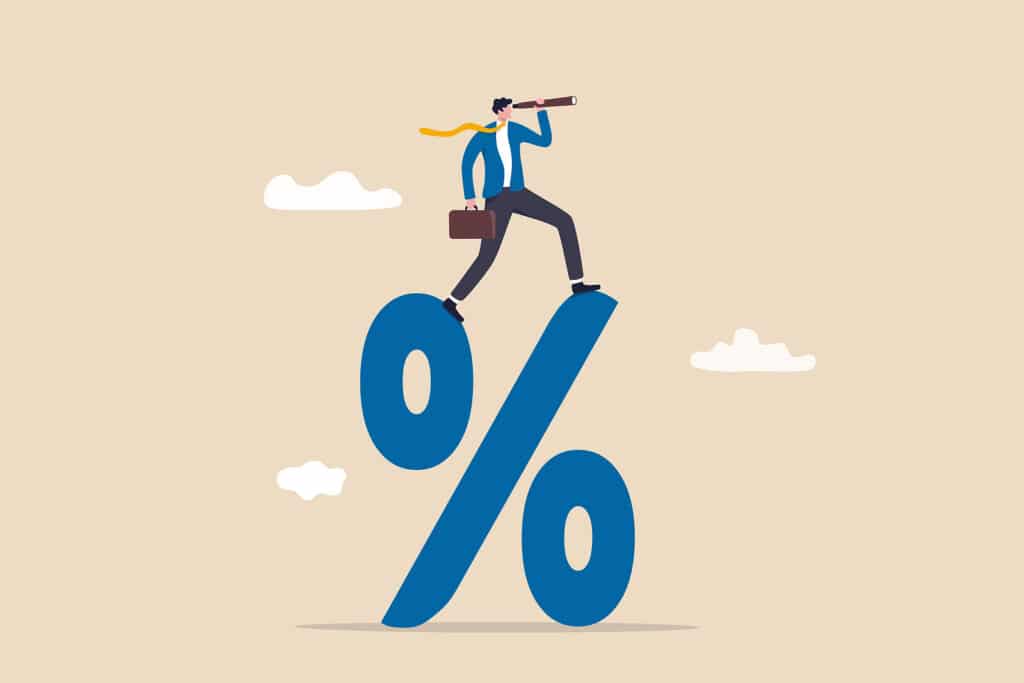
Tariffs may have dominated the headlines, but they haven’t hit most consumers’ finances—yet. That could change with the coming deadline for deals, and retirees are particularly vulnerable to price increases and market swings.
The White House is working to strike agreements with countries ahead of its self-imposed Aug. 1 deadline for country-specific tariffs to go into effect. In some instances, these are on top of sector-oriented tariffs, like 50% on aluminum and steel—and a spate of tariffs on pharmaceuticals, semiconductors, and critical minerals are still pending. Uncertainty continues, as grounds for some of the levies will be contested in court later this month.
To date, U.S. retailers have borne the brunt of the tariffs already in place. Many retailers front-loaded imports early in the year, stockpiling inventory ahead of the new policies. But that inventory is running low, and that, plus the expected new tariffs, will start to reach consumers in the form of higher prices and market volatility, experts say.
The impact of all this year’s tariffs would amount to an average per household income loss of $2,800 in 2025, according to an estimate by the Budget Lab at Yale as of July 13.
“I fear we have been lulled into a false sense of security,” says Mary Clements Evans, the author of Emotionally Invested: Outsmart Your Anxiety for Fearless Retirement Plannin g. “We’re going to experience significant inflation now, because of the tariffs.”
White House spokesman Kush Desai disputes that tariffs could spike inflation and cause a recession. “President Trump’s tariffs have been a key part of an economic agenda that has delivered cool inflation, robust jobs reports, stock and bond market rallies, trillions in investment commitments, historic tariff revenue, and trade deals that dramatically expand access for American exports,” he told Barron’s.
Over the next couple of months, higher inflation data could fuel market volatility, strategists say. While that can be scary, it pays to stick with your diversified mix of stocks and bonds.
“Market timing generally is hard to do,” says Janet Yang Rohr, director of multi-asset and alternative strategies for Morningstar. People who sold out of equities during the extreme turbulence following President Donald Trump’s “Liberation Day” announcement in early April now regret it, as the stock market has recovered and notched new highs.
Treasury inflation-protected securities, or TIPS, are generally considered a good inflation hedge, but they might not shine in the current environment, says John Canally Jr., chief portfolio strategist at TIAA Wealth Management. TIPS perform best when inflation exceeds the market’s expectations, but the market is already pricing in healthy price increases. Instead, consider a small allocation—no more than about 7% of your fixed-income portfolio—to emerging market bonds, which are having a good year, Canally says.
While retirees should stand pat on their portfolios, price increases could warrant some changes in spending. To determine how to respond, it helps to know where you stand, Evans says. A financial advisor can help you determine whether your money is likely to last for your expected life span under a range of stock market scenarios.
If you have an adequate cushion, don’t let sticker shock deter you from going on a bucket-list trip or otherwise enjoying your retirement, Evans says. A financial advisor can run the numbers and, if warranted, give you permission to spend.
To be sure, lower-income retirees will have less wiggle room. Some have already turned to credit cards to cope with steadily climbing prices on essentials from groceries to medical care. Older adults age 70-plus are the fastest group of borrowers, with debt rising 4.2% year over year and 36.2% over the past five years, according to a recent report from the Kaplan Group, a commercial collection agency.
One way to lower your interest costs is to transfer high-interest debt to a credit card with a 0% introductory interest rate. These so-called balance transfer cards can buy you time to pay off what you owe, as long as you’re mindful of when the introductory rate expires.
Read the full article HERE.


